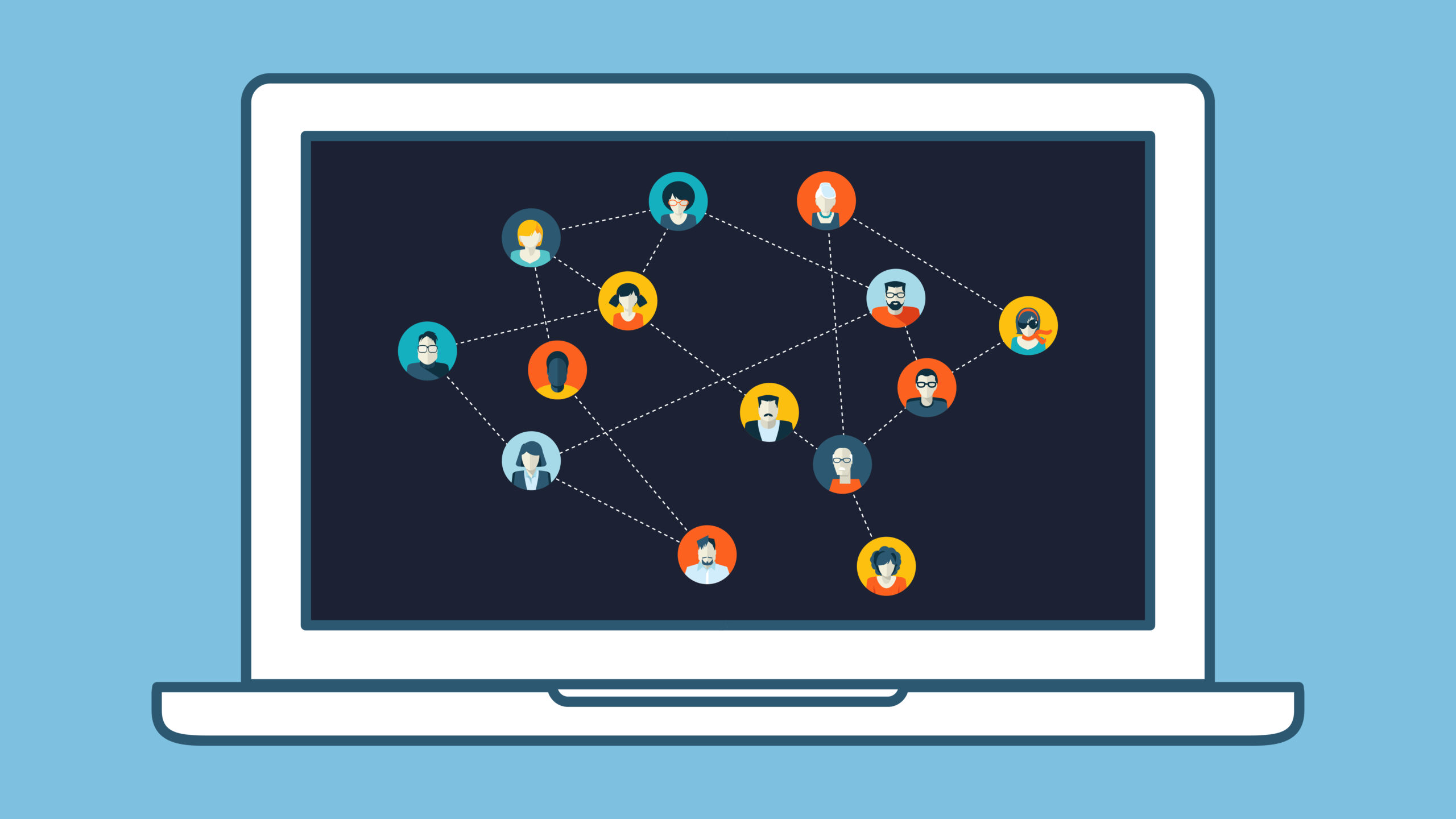The Pros and Cons of Freelancing 2024, The rise of the gig economy and growth of remote work has fueled interest in freelancing as a viable career path. Rather than holding a traditional full-time job, freelancers operate as self-employed independent contractors, taking on projects for different clients or companies. This professional lifestyle offers some distinct advantages, but also comes with challenges to carefully consider. Here are some of the key pros and cons of freelancing:
Pros of Freelancing:
Autonomy and Flexibility
One of the biggest draws of freelancing is being your own boss and escaping the constraints of a traditional office environment. As a freelancer, you have autonomy over your working hours, schedule, dress code, workspace and more. Greater flexibility allows you to tailor your career around other personal obligations or lifestyle preferences.
Diversity of Work
Rather than specializing in one narrow domain, freelancers tend to work across a range of industries, clients, and project types. This variety prevents career stagnation and provides ongoing opportunities to expand skills, explore intellectual passions, and avoid burnout from repetitive roles. Every gig brings fresh challenges to tackle.
Income Potential
While freelance income can fluctuate, successful freelancers can actually earn more than they might in a full-time job over time – especially in high-demand fields. Lack of earning caps, ability to scale your workload, and diverse revenue streams create enhanced income potential, though not without financial risk.
Remote Work Option
Many types of freelance work can be conducted entirely online from home or while traveling. This maximizes time and location flexibility to curate the desired work-life integration. For those prizing independence, avoiding commutes and workplaces is a big advantage.
Entrepreneurship Experience
Freelancing essentially serves as a crash course in operating and marketing a small business. Every aspect of client acquisition, project management, accounting, legal compliance, time management and more provides vital entrepreneurship experience even for side-gig freelancers.
Cons of Freelancing:
Income Instability
One of the biggest potential drawbacks of freelancing is inconsistent income streams. Your revenue can fluctuate drastically between flush periods and dry spells lacking steady work. This income unpredictability creates financial strain requiring strict budgeting and liquid savings.
Lack of Benefits
Full-time employees enjoy benefits like health insurance, retirement plans, and paid time off, but freelancers are solely responsible for covering these themselves, often at higher out-of-pocket costs. Loss of workplace risk-pooling makes certain benefits prohibitively expensive for some.
Administrative Burdens
Beyond just executing their creative/skilled work, freelancers have to act as their own administrative assistants – prospecting new leads, managing workflows, invoicing clients, handling taxes, and dealing with any operational needs. These business management demands detract from billable efforts.
Social and Professional Isolation
The solitude and remote nature of freelancing often results in greater social isolation and disconnection from the interactive dynamics of traditional workplace environments. Efforts must be made to cultivate community and combat loneliness, which can impact mental health.
Business Volatility
Freelance work ebbs and flows based on market demands, client continuity, and forces outside of your control. A few major clients leaving or an economic downturn impacting your sector can create existential business threats. Freelancing requires constant client hustle.
Self-Motivation Imperative
When you don’t have managers setting expectations or coworkers creating ambient accountability, self-motivation becomes paramount as a freelancer. Without strong self-discipline, time management skills, and work ethic, personal productivity can suffer if left unchecked.
Certain Career Limitations
While freelancing allows tremendous flexibility and diversity of work, it can eventually bump up against limitations around advancement opportunity compared to full-time internal employees. There may be a metaphorical “glass ceiling” for freelancers regarding upward career mobility in some career tracks.
Unpredictable Workloads
You may experience a feast or famine cycle of project workloads when freelancing that requires capacity for crunch periods and patience through prolonged periods of underutilization or underearning. This irregular workflow and uncertainty can be taxing if not effectively managed.
As you can see, freelancing has its distinct set of tradeoffs and realities that may appeal to some personalities, goals, and values more than others. It creates exceptional personal and professional autonomy, but also transfers virtually all the risk and operational burdens upon your own shoulders.
Many freelancers opt to start their independent working path while still maintaining a steady primary income source. This allows them to ease into the transition while securing a financial runway and making strategic adjustments before taking the full freelancing leap.
Strategic types may freelance temporarily as a way to gain experience across different companies and industries, build a portfolio and personal brand presence, cultivate diverse revenue streams, and test their tolerance for autonomous working conditions and income variability.
Meanwhile, freelancing can be a long-term sustainable career path for those willing to fully embrace the entrepreneurial mindset, risk profile, and lifestyle tradeoffs involved. Successful freelancers adeptly combine their creative expertise with tactical business acumen across sales, marketing, finance, and operations.
There’s no objectively correct approach – freelancing suitability depends largely on the individual’s personality, motives, skills, and life circumstances. But one thing is clear, freelancing is not a passing trend and the gig workforce looks poised to grow even larger in our economy’s future.
With the freedoms of freelancing come new responsibilities around self-reliance few traditional employees experience. But for those willing to bet on themselves and sustain the required hustle, freelancing can unlock incredible rewards, impact, and quality of life. Understanding the full scope of tradeoffs is the first step.








